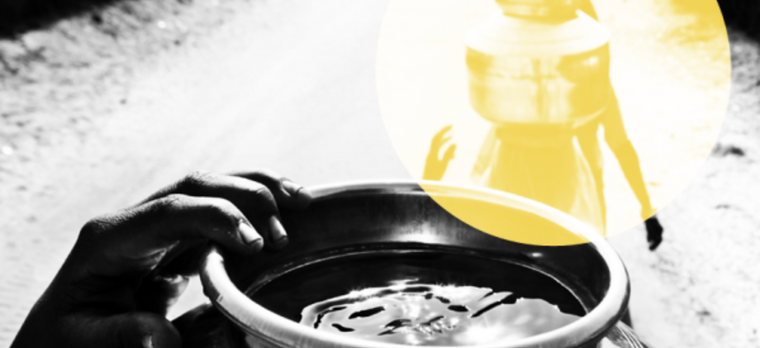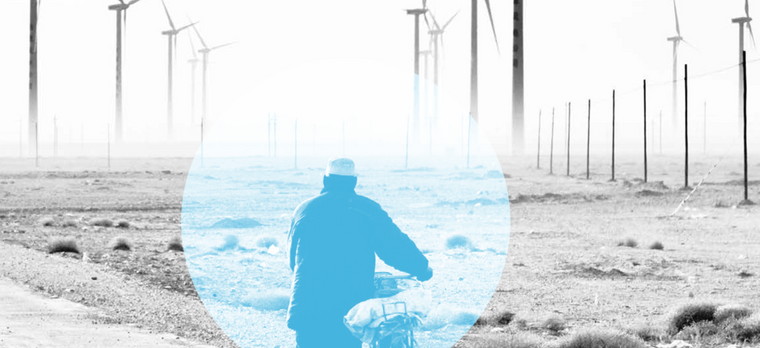Ethical choices vs making it to payday… As the cost of living rises, will consumers continue to shop sustainably?
The world is still reeling from the shock of Russia’s invasion of Ukraine. In the wake of the violence, which has displaced millions, many countries have announced strict sanctions on Russia. Those who have imposed sanctions could face slow growth while oil and commodity prices are soaring, causing a sudden spike in the cost of living globally. In the UK, some experts fear that inflation will surpass earlier predictions and reach 8.2 per cent
As people strain to overcome these new pressures, there are new questions when it comes to how we spend. Usually, shoppers are willing to part with more cash for ethical and sustainable products – but do people still shop with their consciences when times are rough?
Cross-sector consciences
The COVID-19 pandemic led to a wide-scale reappraisal of our impact on the planet. A poll of eight countries by Boston Consulting Group found that 70% of respondents said they were:
“More aware now than before COVID-19 that human activity threatens the climate and that degradation of the environment, in turn, threatens humans”.
This mind shift has laid the foundation for a scenario where every sector is pivoting to cater to morally-minded customers.
For instance, the Ethical Consumer Markets Report – a yearly research paper produced by Co-op – has been charting this movement since 2010. The most recent instalment showed a 24% increase in spending on ethical products between 2019 to 2020, with this slice of the consumer market now worth £122bn. Will researchers find ethical spending in recession in the year 2020 – 2021?
Slowing but not stopping
It’s possible but unlikely. While many people might trade down to cheaper products in hard times, evidence shows that they are less likely to opt for brands with dubious practices or that are seen to be more damaging than pricier competitors.
Consider the rise of reliable kitemarks that signify the good practice of companies. The B Corporation movement is the most pronounced example of this. The movement certifies businesses that meet high standards on factors from employee benefits and charitable giving to supply chain practices and input materials.
There are 640 accredited ones in the UK, spanning 55 industries. The lengths that founders go to attain this badge of honour show how seriously it is taken by consumers. To join the virtuous cadre of companies such as Patagonia or Ben & Jerrys, executives must sweat over an online application, followed by an in-person audit.
Poor moral fibre?
While the urge to shop ethically is a major trend in progress, some sectors have been less willing to wean themselves off damaging practices. Among the most reviled is the fashion industry. Key players in the apparel market tout the importance of sustainable practices here, and yet fast fashion is still growing globally. A forecast by Research and Markets anticipates that this corner of the industry will rocket to $163.4 bn over the next five years before reaching $211.9bn by 2030. Meanwhile, FMCG brands have been criticised for rolling out projects that pertain to saving the planet while doing little to pivot away from a reliance on single-use plastics and harmful chemicals.
As the economic fallout from the Ukraine crisis unfolds, consumers will find themselves having to tighten their belts. But while people will be looking for ways to economise, few will be willing to compromise on their morals to save a few quid.
Are you interested in the future spending patterns of UK citizens? Want to know how major political events dictate the way people shop and interact with brands? Bulbshare can help. Hit me a note in the DMs.



